Lifestyle
15 Quiet Signs Someone Has Been Through A Lot In Life
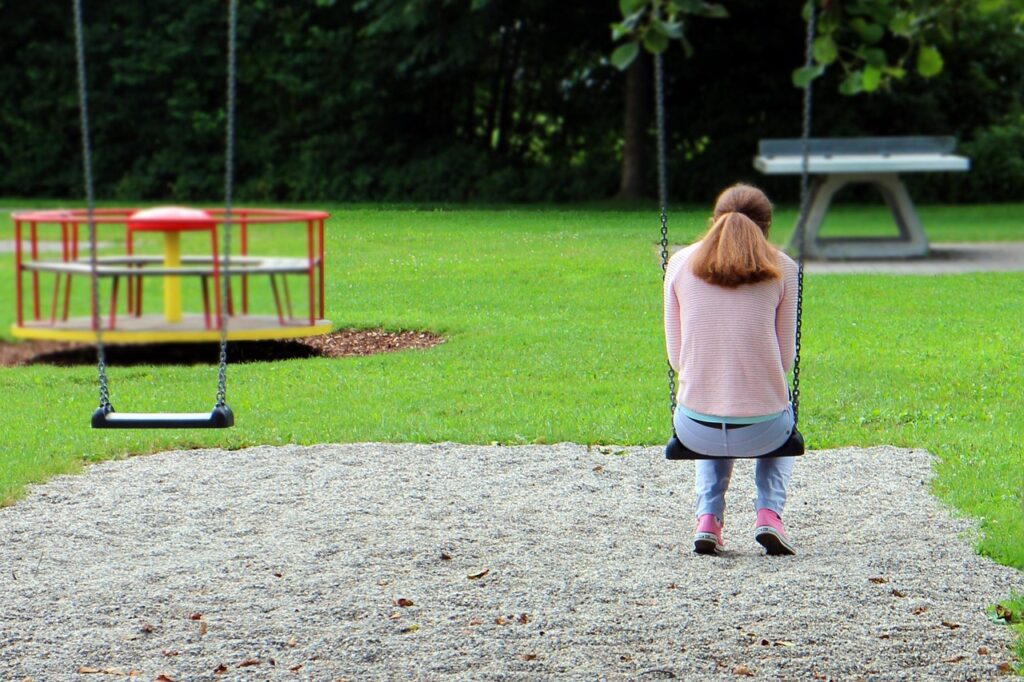
Not everyone who’s been through pain talks about it, and the strongest people often carry their past in silence. You won’t always hear their stories out loud, but you can see the quiet signs in the way they move through the world. These are the little habits, responses, and choices that hint at a history deeper than most people realize.
They pause before answering personal questions.
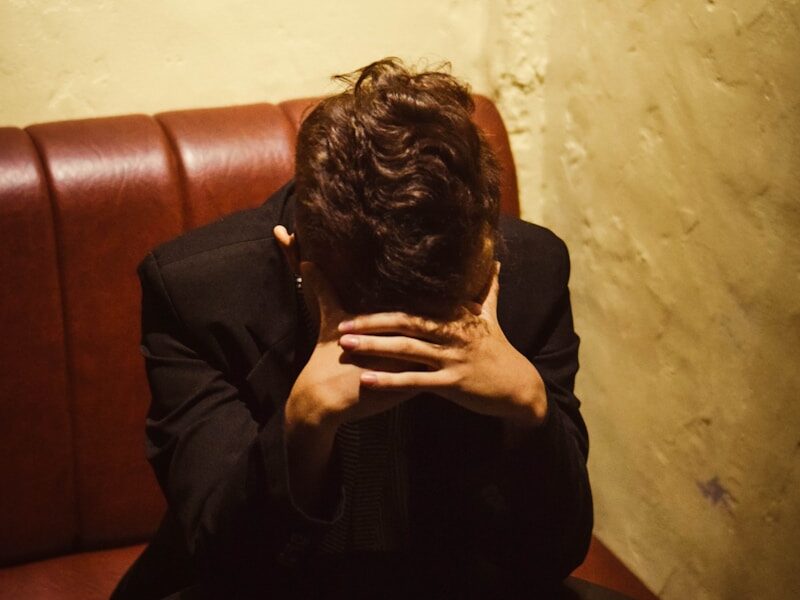
When someone’s lived through hard things, even simple questions can feel loaded. You might notice they take a second before answering, as if measuring how much to share or how safe it feels. It’s not about hiding—it’s about protecting the parts of themselves they had to keep guarded for a long time. That brief pause often says more than any answer could.
They’re overly polite, even when it’s not necessary.
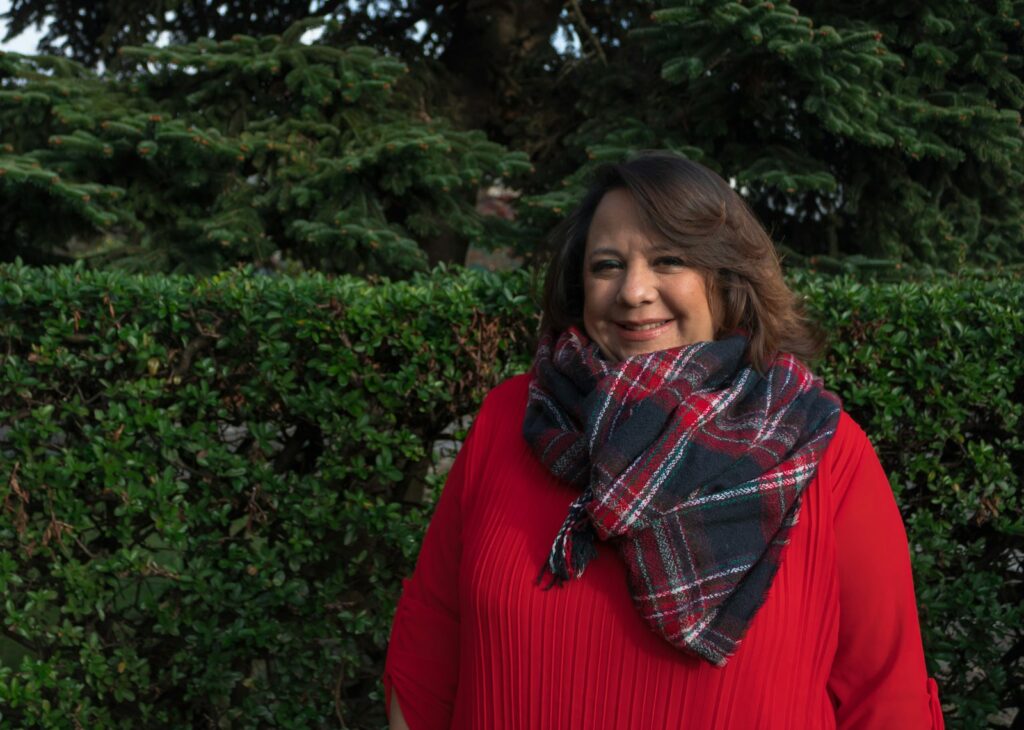
People who’ve faced emotional pain or instability often become extra polite—not because they’re trying to impress anyone, but because they’ve learned to avoid conflict or tension wherever they can. They say “thank you” and “sorry” more than most, and they try not to take up too much space. It’s a quiet attempt to keep peace in a world that hasn’t always been kind.
They never assume they’re welcome.
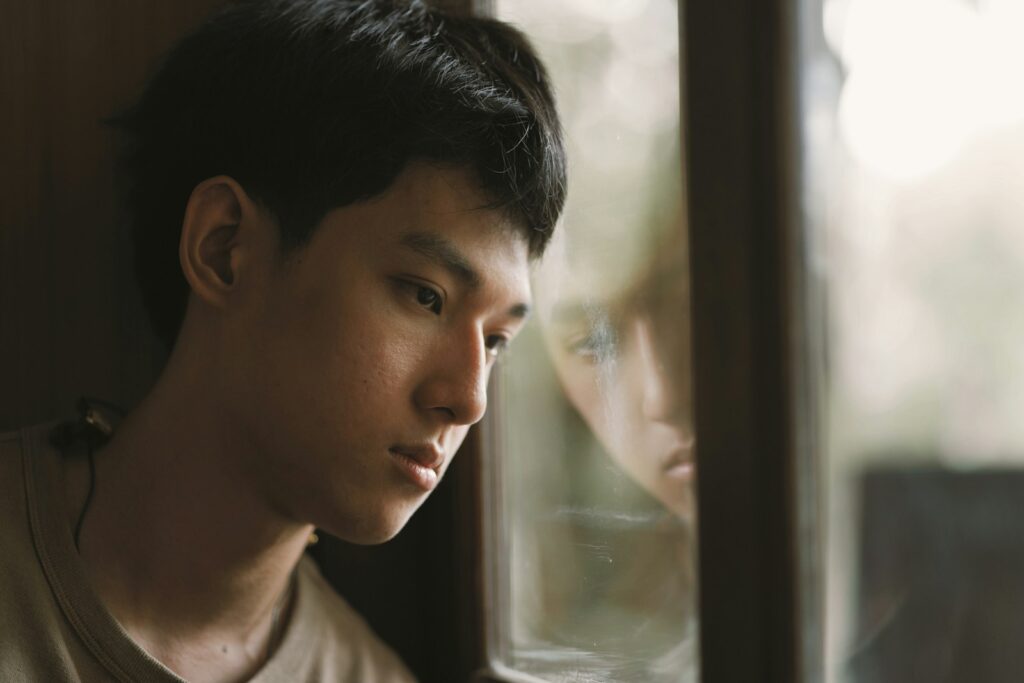
Even in warm environments, they might hang back or wait to be invited in. It’s not because they’re shy—it’s because they’ve been in places where they didn’t feel wanted or safe. They don’t expect space to be made for them, so they wait for a clear signal before stepping forward. That hesitation comes from years of learning how to protect their heart.
They flinch at sudden kindness.
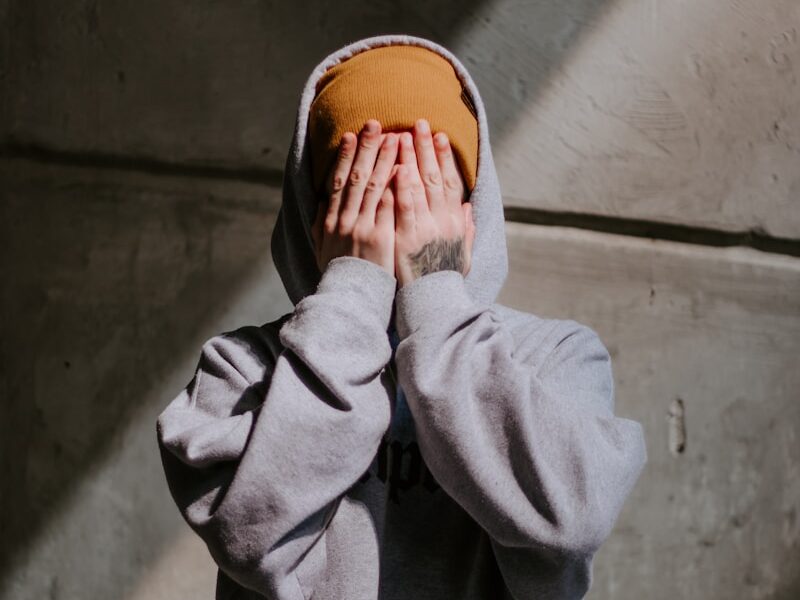
When someone offers them genuine kindness out of the blue, it sometimes catches them off guard. They’re not used to generosity without strings or compliments without motives. That small moment of surprise, almost like they don’t know what to do with the kindness, is a sign they’ve spent more time giving than receiving, and it takes time to trust the good stuff.
They notice small things that most people miss.

People who’ve lived through difficulty often become highly observant. They notice mood shifts in the room, pick up on small gestures, and remember tiny details. It’s a skill they developed to stay safe, to read people, or to manage situations that weren’t always predictable. What seems like quiet intuition is really survival turned into sensitivity.
They overthink their impact on others.
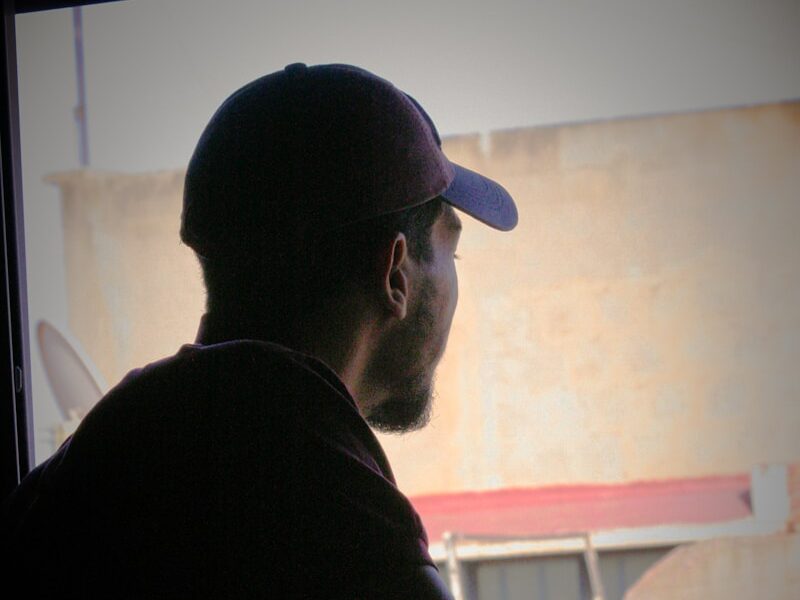
They might replay conversations in their head or worry they came off the wrong way. Even if they did nothing wrong, they still carry a weight of trying to be “good enough.” That need to avoid causing discomfort or offense often comes from a past where they were made to feel like a burden. It’s not insecurity—it’s a deep wish not to hurt anyone else.
They’re calm during other people’s chaos.

When things fall apart, they don’t panic. Instead, they get quiet, focused, and oddly calm. That stillness in the middle of chaos usually comes from experience. They’ve lived through storms before and learned how to stay steady when others can’t. Their calm is the muscle memory of surviving moments that required them to be the strong one.
They don’t complain, even when things are hard.

They might be exhausted, overwhelmed, or going through something tough, but they rarely say it out loud. When you’ve been through a lot, you often downplay your own struggles because you’re used to carrying them alone. They don’t want to seem dramatic or needy, so they just keep pushing forward, quietly hoping someone notices anyway.
They say “I’m fine” even when they’re not.

“I’m fine” becomes a shield when you’ve spent years convincing yourself and others that you’re okay. It’s what they say when they don’t want to unload on anyone or revisit pain. If you really listen, sometimes you’ll hear the weariness behind the words, and that’s when you know it’s not fine at all.
They take care of others but never ask for help.

They’re the ones always checking in, offering support, and being there for others, but rarely asking for anything in return. They’ve learned to give without expecting, because asking often led to disappointment in the past. It’s not that they don’t need help—it’s that they’ve taught themselves not to expect it. That quiet strength is often built on years of going it alone.
They struggle to celebrate their own wins.

Even when they accomplish something very big, they might downplay it or shift the focus to someone else. That hesitance to celebrate comes from a place where their efforts were overlooked or their success was never enough. Deep down, they’re proud, but they’ve learned not to draw attention to themselves, so the applause often makes them feel uncomfortable instead of happy.
They’re very empathetic, sometimes to a fault.

People who’ve felt pain become incredibly attuned to the pain of others. They listen more closely, care more deeply, and often carry emotions that don’t even belong to them. That empathy is a gift, but it can also be heavy. They feel things deeply because they know what it’s like to need understanding, and they never want anyone else to feel alone like they once did.
They keep their happiest moments private.

When something finally goes right, they don’t always announce it. People who’ve been through a lot tend to protect their joy because they’re afraid it won’t last. They might quietly smile, share the news with only one or two people, or hold it close instead of posting it everywhere. For them, joy is sacred—and sometimes, the fear of losing it is just as strong as the happiness itself.
They seem older than their age in small, quiet ways.

Not always in how they look, but in how they carry themselves. Their words feel careful, their eyes feel wiser, and their energy seems a little heavier than it should be. They may have missed out on carefree moments because they were dealing with things most people couldn’t see. That quiet maturity is a sign they’ve seen the hard side of life sooner than they should have.
They value peace over attention.

They’re not chasing drama, spotlight, or approval—they just want stability. Loud spaces, chaotic people, or big emotions wear them out fast. What they crave is quiet, trust, and a sense of calm. They’ve been through enough to know that peace is more precious than praise, and once they find it, they’ll protect it like their life depends on it, because at one point, it probably did.

